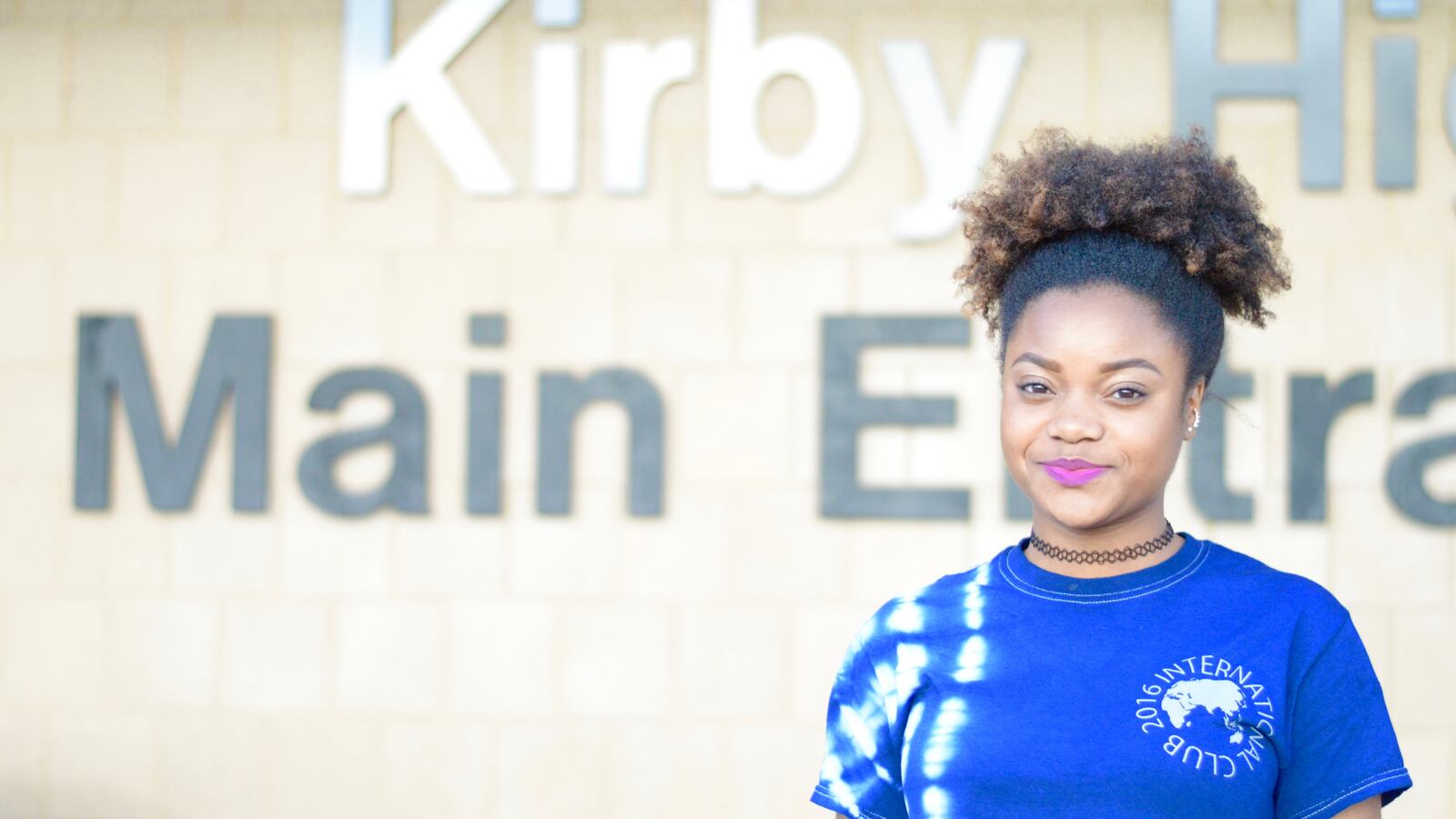Kirby High School senior Kimberly London is the vice president of her class, president of the school’s honor society, and active in numerous extracurricular activities. But even she needs help overcoming the burdensome task of completing the Free Application for Federal Student Aid, or FAFSA, to secure financial aid for college.
“If I didn’t have this help, I probably wouldn’t have applied for financial aid,” says Kimberly, who finished her forms last month with support provided through a Memphis-wide FAFSA campaign. “If anything, I would think I just needed to work and struggle to be able to pay for college.”
Kimberly’s apprehension isn’t unique. That’s why community leaders are behind the push to help area high school seniors complete their FAFSA applications this month. The goal is to create a college-going culture in a city where building a college-trained and career-ready workforce is an ongoing challenge.
The city’s FAFSA campaign launched in early January and culminates this weekend with events in libraries, churches and schools to provide hands-on assistance. While the FAFSA deadline varies for different post-secondary schools, Feb. 15 is the cutoff for completion to remain eligible for Tennessee Promise, Gov. Bill Haslam’s initiative to provide eligible seniors with two free years of tuition at a community or technical college.
Last year, the first year of the Memphis FAFSA campaign, a network of more than 100 community organizations and high school counselors assisted more than 7,000 graduating seniors. Their work increased the city’s completion rate from 60 to 88 percent in Shelby County, according to leaders of Memphis Talent Dividend, an action initiative of Leadership Memphis.
Nationwide during 2015, the first year of eligibility for Tennessee Promise scholarships, Tennessee accounted for more than 40 percent of the increase in FAFSA completions
Opportunities after high school are especially critical in Memphis, where one in every five youth ages 16-24 are neither in school nor working, according to a 2015 study from Measure of America, a nonprofit organization that gathers data for social science policy. That makes Memphis the No. 1 large city in America for “disconnected youth,” the study says.
The FAFSA push also aligns with Shelby County Schools’ strategic plan known as Destination 2025, which aims for 80 percent of its seniors to graduate college- or career-ready, and to help 100 percent of those students enroll in college or other post-secondary opportunities.
But helping youth access funding is only part of the equation in pursuing a post-secondary education. The other challenge is making sure that parents complete the necessary financial information required under FAFSA, says Alton Cryer, coordinator for the Memphis campaign.
“The fact that they have to hand over their tax information, something that is really private, is unnerving,” Cryer said.
There are also social barriers. Many parents are caught up in systemic poverty and have little experience with government documentation outside of welfare applications or arrest records.
“If the system has let them down in many ways, then documentation is sometimes intimidating,” said the Rev. Eugene Gibson, senior pastor for the Olivet Fellowship Baptist Church, a Memphis congregation that is helping to spread the word about the city’s FAFSA drive.
The FAFSA process has been criticized as needlessly complex by U.S. Sen. Lamar Alexander. The Tennessee Republican and former governor has introduced federal legislation that would reduce the FAFSA paperwork from a hefty 108 questions down to two pertaining to family size and household income.
Until then, the FAFSA process likely will remain intimidating to many students, even high-achieving ones like Kimberly, who wants to study business marketing at the University of Memphis. She says assistance like her city’s FAFSA campaign will make a difference for seniors navigating the process.
“Scale of 1 to 10, the need for this is a 10,” she said.

